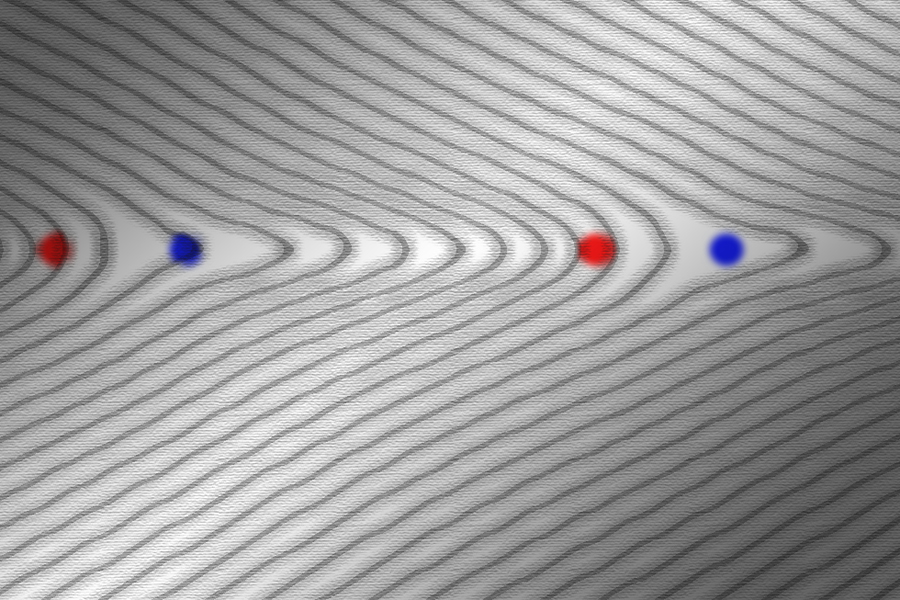
CNA research group awarded NSF Growing Convergence Grant
Researchers of the Center for Nonlinear Analysis (CNA), in collaboration with other Carnegie Mellon faculty from Civil and Environmental Engineering and Physics, and colleagues from the University of Arizona, have been awarded the NSF Growing Convergence Research Grant. The interdisciplinary team is led by CNA member and Civil and Environmental Engineering professor Amit Acharya, and includes Mathematical Sciences professor and CNA director Irene Fonseca and Mathematical Sciences professor and CNA member Franziska Weber.
At its core, the research project intends to bridge the mechanics of materials, seismology, high-energy physics and cosmology, and mathematics to create a mathematical framework for describing and understanding topological defects and their related phenomena. Topological defects occur when a surface, acting as a meeting place for two bulk patterns, abruptly ends at a line or a curve in space. These patterns are visible in all sorts of systems ranging from massive, like galaxies and tectonic faults, to the molecular arrangements in materials for jet engines, buildings, and cellphone screens. Depending on the type of material and circumstances, the effect of these phenomena can be significant to extreme.
“Our team envisions a future where new knowledge from our research can be leveraged to seed advances in technology relevant for grand challenges in seismic forecasting, infrastructure renewal, and energy-efficient transportation,” the researchers stated in their proposal.
The need for a mathematical framework for topological defects is integral to the fusion of ideas and techniques from the fields of mechanics, materials, seismology, physics, and science at large.